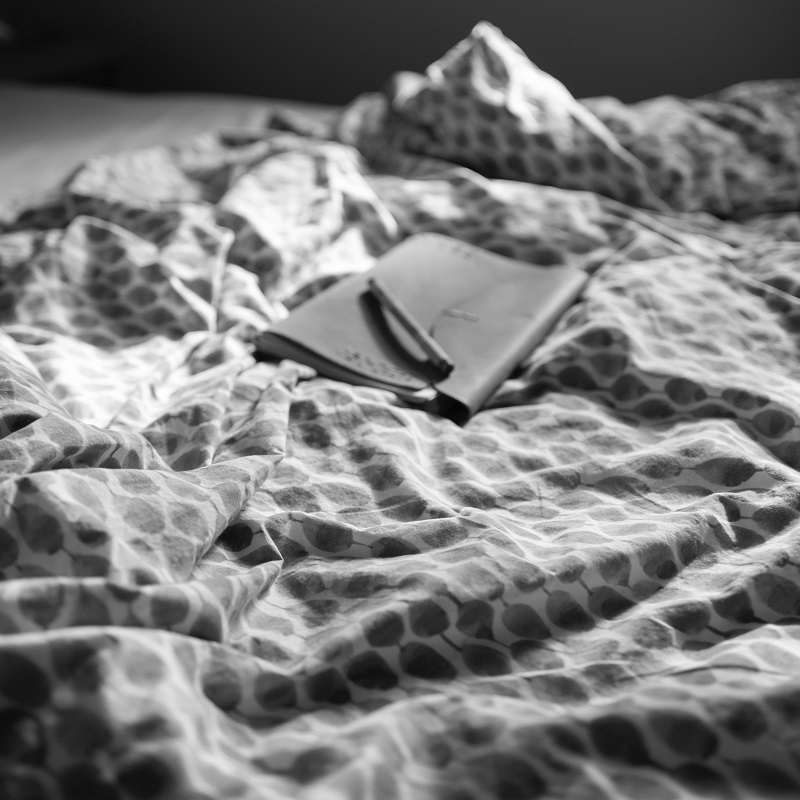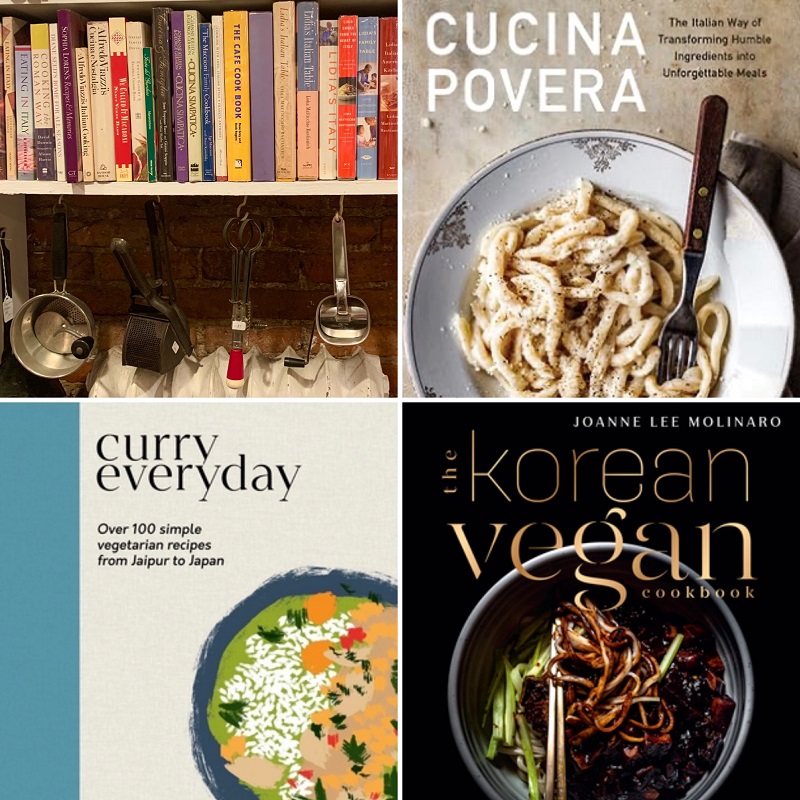Sleep is a Key Component of a Healthy Lifestyle
Sleep is as vital to our health as drinking water, eating nutritious food, and exercising regularly. When we sleep, the body undertakes a repair and maintenance programme, and a quality night’s sleep is vital to ensure the body has time to restore and sustain our mental and physical health.
Getting quality sleep can positively impact us in so many ways, including:
- Improved mood
- Heart health
- Regulated blood sugar
- Improved mental function
- Restored immune system
- Stress relief
- Athletic performance
- Maintaining healthy weight
For more information on the benefits of sleep, check out the Sleep Foundation website here.
I had a strict bedtime routine as a child. Often, by 8 p.m., I’d be in bed and easily slept through for 8–10 hours. I continued this into my teens, and I have always strived to get eight hours of sleep each night as I know that my body needs it. However, as I get older, my body begins to change. Getting eight hours of sleep per night has become more challenging. Sometimes, I can’t fall asleep and lay in bed tossing and turning for what feels like hours before falling into a slumber. Other times, I fall asleep as soon as my head hits the pillow, but my sleep is short-lived, and I wake every couple of hours – leading to a very disturbed night of sleep.
I’d like to share with you the steps I now take to prepare for a restful night and what techniques I use to get back to sleep when I wake in the middle of the night.
Prioritize sleep and create a consistent sleep pattern – This means going to bed and waking up at the same time every day – including the weekend – to allow your body to get into a natural rhythm. Also, make sure you give yourself enough time to sleep. This may sound silly, but if you need eight hours of sleep and go to bed at midnight, sleeping until 8 a.m. may not be achievable if you need to be up at 6 a.m. to get ready for work. I typically head to bed by 10 p.m. and wake at 6 a.m. every day, even on weekends. Getting up early at the weekend can feel strange when our lives may not demand that of us. Still, it’s incredible how fresh I feel when I do this and how much I can achieve in those morning hours when previously I may have languished in bed, “treating” myself to an extra hour or two because it was a Sunday. Of course, if you’re unwell, you may need that extra sleep, but provided you are getting what your body needs, it’s incredible how much more alert you feel when you get into that routine.
Avoid stimulants and alcohol – I stopped using caffeine many years ago for health reasons, but you don’t need to be that extreme – the effects of caffeine can last up to 8 hours, so even a coffee mid-afternoon can affect your sleep. So, try to avoid it in the afternoon if at all possible. I also used to think that a glass or two of wine would help me get a good night’s sleep. While alcohol is a depressant and has a sedative effect, it isn’t conducive to good sleep as it prevents REM sleep (see below), meaning we miss out on a crucial sleep period. Alcohol also increases the number of times you wake through the night, thus reducing the quality of sleep.
Become screen-free – The light emitted from a TV screen, laptop, or even our e-reading device is a stimulant, signalling to our body that it is time to be awake and active. When you switch off that device, your senses remain heightened, meaning it takes longer for your body to relax. Switch off any devices at least an hour before you go to bed to give yourself the best chance of falling into a deep and nourishing sleep. Having a traditional paperback book at the side of my bed (rather than my e-reader) helps me get to sleep more quickly. Sometimes, I can feel my eyelids getting heavy after just a few pages and know it’s time to switch out the light.
Prepare the bedroom – Feeling too hot or cold can also affect your sleep. I’ve found this challenging as I go through menopause, and regulating the temperature can be difficult. I recommend sleeping in a cool (a fan or light A/C), dark (think black-out curtains or even eye mask), and quiet room. Try to reduce or eliminate any internal and external noises, and maybe invest in a white noise machine. To regulate the heat, sleep under layers you can remove or add to as your body temperature changes through the night. You could sleep with a sheet, thin blanket, and duvet, and remove any of those layers as you get hot. You can then put them back on if you get too cool. I always find it’s better to be too warm and remove layers to cool down than too cold, which can take longer for your body temperature to rise again.
Getting back to sleep – Sometimes, I have disturbed sleep where I wake up often or early and can’t get back to sleep. Here are my top three tips for encouraging sleep in that situation:
- Tense all your body’s muscles and squeeze them tight for 60–90 seconds. Release them, and your body will relax and unwind, preparing for sleep.
- Find a good sleep meditation like Yoga Nidra, which induces relaxation, preparing the body for sleep. Many apps like Calm or Insight Time offer sleep and Yoga Nidra meditations, which are practical and often free.
- Keep a notebook on the side of your bed. If something is on your mind waking you up or preventing sleep, simply note it in your notebook and forget about it until the morning. You will be able to rest knowing that you won’t forget about it and can pick it up when you’re refreshed and able to better deal with it.
Note: REM sleep – is the period of sleep where our bodies and muscles are most relaxed, our heart rate is elevated, and there is rapid eye movement (REM) and increased brain activity. It plays a significant role in consolidation, processing, and brain development. It’s also the stage of sleep when you dream.
I hope these tools and techniques help you in some way. Please share if you try any of them or have tips you would like to share with the Brookie community.
With 30 years of general management experience in the global insurance industry and having lived in 4 countries, Jacqui now spends her time between London and New York where she continues to pursue her passion for writing, food, books and travel. A Reiki practitioner, yogi and huge animal advocate, her home isn’t complete without a furbaby or three. In addition to being a BooknBrunch contributor, she writes for industry publications. Favourite book: To Kill a Mockingbird by Harper Lee.![]()
Favourite brunch dish: avocado toast with tomato and chilli




